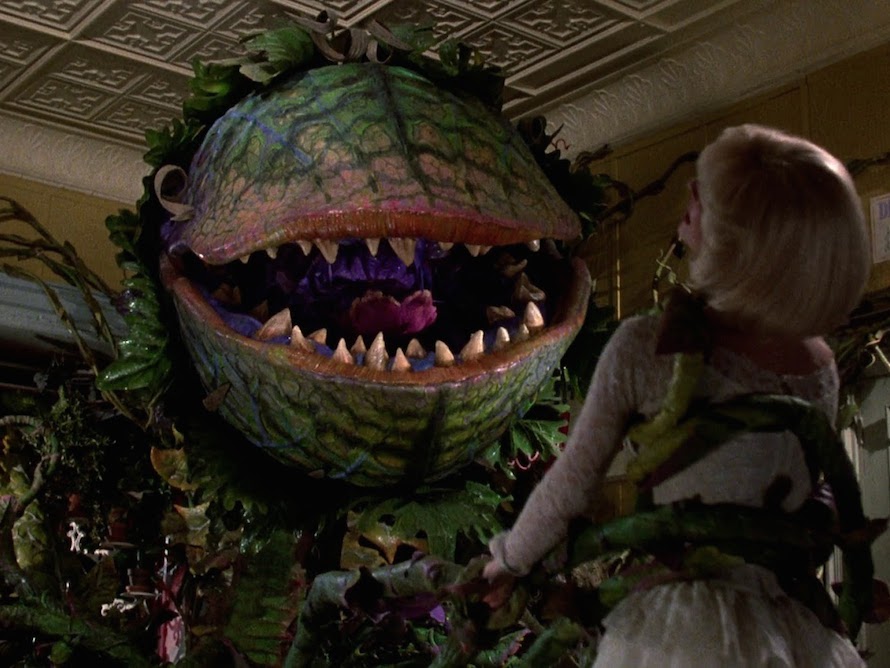Recent botanical discoveries are leading some scientists to the conclusion that plants might be intelligent beings. But how can it be possible to think without a brain? Communication, decision-making, memory and senses are signs of intelligent life, present in man and beast. They are not things you would associate with the plant world.
‘Plants are intelligent too’ say scientists
Communication, decision-making, memory and senses are signs of intelligent life, present in man and beast. They are not things you would associate with the plant world.
Recent botanical discoveries are leading some scientists to the conclusion that plants might be intelligent beings. But how can it be possible to think without a brain?
Now, according to research explored by Richard Mabey in his new book, The Cabaret of Plants, scientists are discovering that plant behaviour may be motivated by more than a biological drive for nutrients and sunlight.
The idea that plants might be 'intelligent' is not new. A 1973 study convinced many people across the world that plants preferred classical music to rock, and that they could have emotional responses to negative feelings. The scientific methods used to support these ideas have since been almost entirely discredited, but new findings point to the possibility that plants might just be intelligent after all.
Until now, the scientific community has agreed that a brain is necessary for thought, but the expanding field of plant neurobiology suggests otherwise. An experiment conducted by a lab in Florence showed how a Mimosa pudica - known as a 'shy plant', for its ability to quickly draw in its leaves when touched or moved - could be trained not to respond to a threat after the threat had been proved harmless through repetition.
To do this, scientists dropped the plant from a height of 15 centimetres 60 times, until it stopped drawing in its leaves. Remarkably, the plant not only continued to respond to other types of stimuli, like shaking, while ignoring the drop, but also it still 'remembered' that being dropped presented no danger 28 days after its 'training'.
Leaf it out
For Richard Mabey, discoveries like this disrupt the idea that plants are passive, solely reliant on the right conditions and luck for their development; but rather they are, as he puts it, 'individuals - active and adaptive agents.'
For scientists, the new discoveries are challenging. Many agree that there's more to plants than previously thought, but they reject the use of words like 'learning' and 'intelligence' as inappropriate, highlighting the difference between thought and instinct.
Scientists agree that plant consciousness is fanciful. But for some the idea that an organism without a brain can make decisions offers exciting insights into our own consciousness - after all, it's accepted that the brain is the centre of thought, but where and how thought is formulated within it remains a mystery.
For others, this is rubbish. Not only is it patently incorrect that plants have any capacity for an intelligence resembling that found in the animal kingdom, but the research into it is a waste of time and resources, distracting from more pressing concerns and misleading the public with false impressions.
‘Plants are intelligent too’ say scientists

